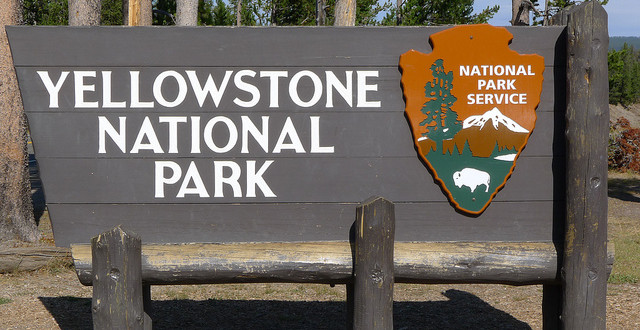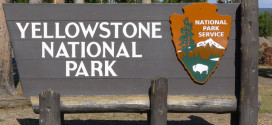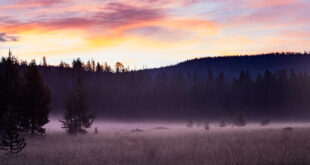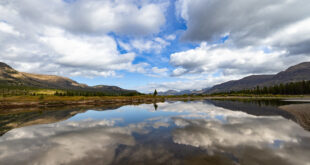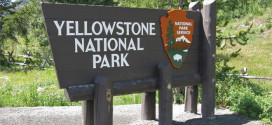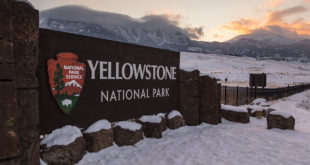Federal authorities are asking to keep over $20,000 in money seized earlier this summer in Yellowstone National Park.
The U.S. Attorney’s Office for the District of Wyoming, according to the Powell Tribune, filed a civil complaint last Wednesday seeking said forfeiture.
According to Assistant U.S. Attorney Stephanie Hambrick, who presented the complaint, the cash should be forfeited because it was “furnished and intended to be furnished in exchange for a controlled substance.”
The complaint alleges the money was going to be used to purchase marijuana in Oregon, which would then be resold in Illinois.
According to the Tribune, Illinois residents Jacob C. A. Dotson (19) and Dustin Alvis (20) were pulled over July 8 by National Park Service Ranger Brad Jones near the Trout Lake Trailhead. The pair had been observed driving 61 mph; the maximum speed limit in Yellowstone is 45 mph.
Jones reports he smelled marijuana in the vehicle, which prompted him to search both men and the vehicle. From the Tribune:
Deciding he had enough grounds to search the vehicle, Jones reportedly found a marijuana pipe, a joint, a glass jar containing 6.5 grams of marijuana, a small bottle of THC oil and a plastic container holding a small amount of marijuana, the complaint says.
Inside a backpack, Ranger Jones found two more joints, loose marijuana flakes and what turned out to be $20,337 in cash; some of the money was in the pack’s main compartment, some in an envelope with $100 bills and some wrapped in three large bundles inside a Crown Royal bag.
Dotson and Alvis were taken into custody.
At the men’s campsite at the Madison Campground, rangers later found 10.4 grams of marijuana, a small amount of LSD, 7 grams of hashish, six packages of THC concentrate/hash, five small containers of hash oil and around 10 prescription pills.
The pair plead guilty to misdemeanor charges July 11, after spending a few days in the jail at Mammoth Hot Springs. Each were ordered to pay $1,025 in fines. In addition, both were given five years unsupervised probation. During this time period, both are banned from entering Yellowstone National Park.
According to the forfeiture complaint, Alvis told Jones $10,000 of the $20,337 was his and constituted his life savings. Pressed further, according to the Tribune, Alvis asked to speak to an attorney.
Dotson told Jones the other portion of the money was his, but eventually confessed the money was all Alvis’.
Both defendants will have an opportunity to dispute the office’s allegations in Wyoming federal district court.
If the forfeiture is approved, according to Hambrick, the money would likely go to National Park Service law enforcement.
 Yellowstone Insider Your Complete Guide to America's First National Park
Yellowstone Insider Your Complete Guide to America's First National Park
